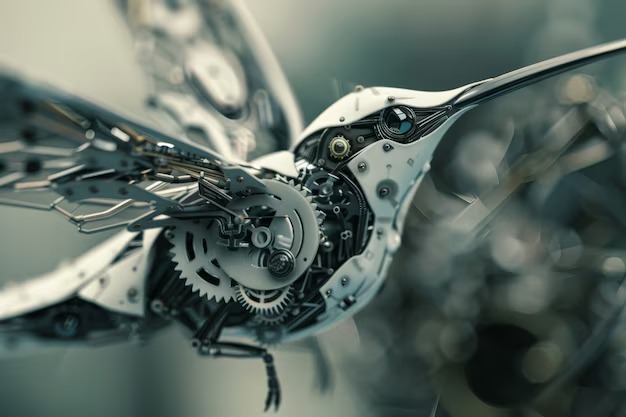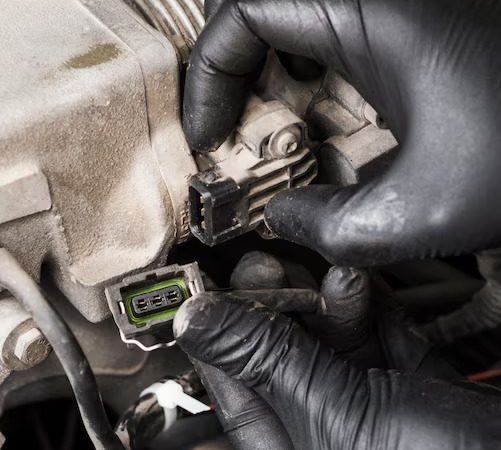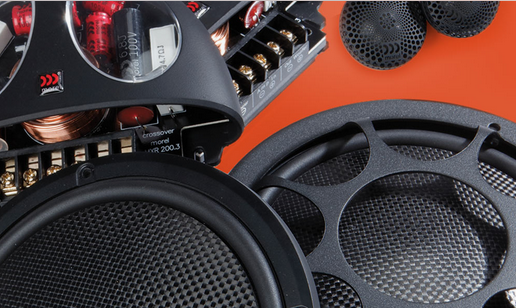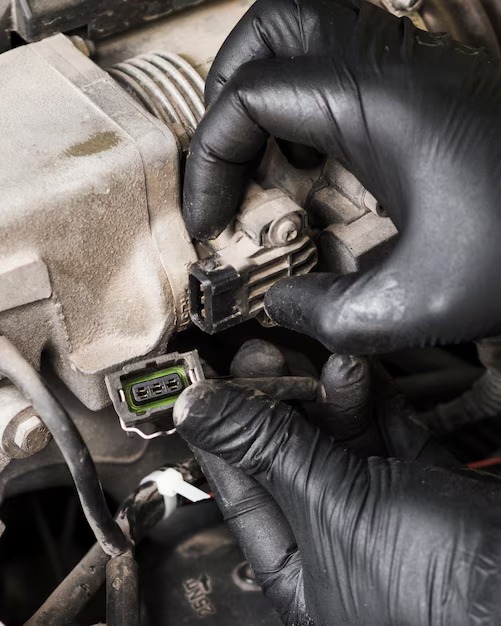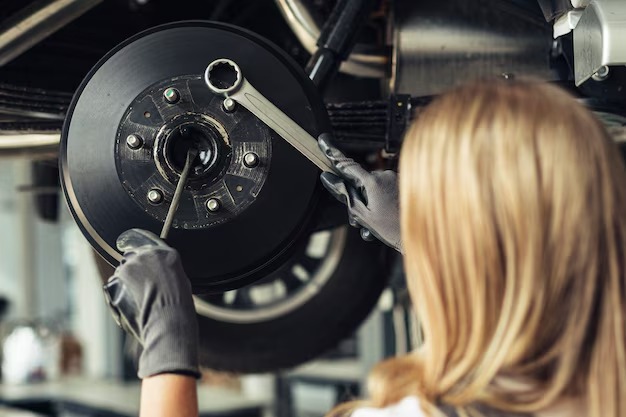High Mileage Car Maintenance Tips
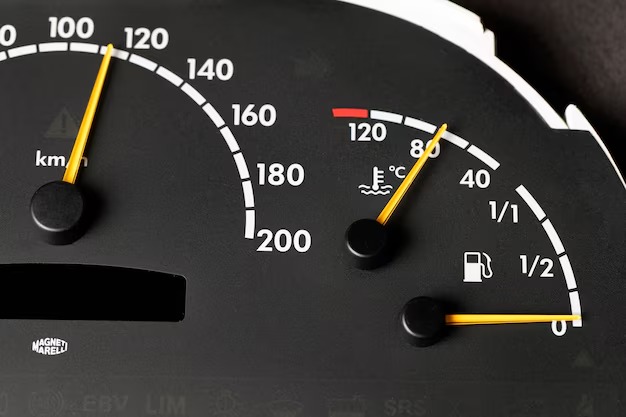
High Mileage Car Maintenance Tips
Owning a vehicle that has seen considerable travel can be both a rewarding and challenging experience. With proper attention and care, these vehicles can continue to provide reliable transportation while maintaining their overall performance. Understanding the nuances of vehicle upkeep becomes essential for those who have invested in a well-loved ride that has traversed countless roads.
The journey of these automobiles often reflects rich stories and experiences, making it crucial to extend their lifespan through thoughtful practices. Simple routines and mindful choices can greatly enhance the operational efficiency of every ride. By implementing a series of proactive measures, car enthusiasts can ensure that their trusted companions remain in peak form despite the trials of time and distance.
Addressing various aspects such as routine inspections, fluid management, and timely replacements of crucial components can significantly contribute to the longevity of these machines. With an informed approach, drivers can enjoy the benefits of their seasoned vehicles while minimizing the risk of unexpected breakdowns. It’s all about striking a balance between usage and upkeep to safeguard these valuable assets on the road.
Regular Maintenance Checks and Inspections
Performing routine evaluations is essential to ensuring the longevity and reliability of any vehicle. By systematically assessing various components, one can identify issues before they escalate into significant problems. This proactive approach not only enhances performance but also contributes to overall safety on the road.
Key areas to examine include the engine, transmission, brakes, and suspension systems. Regular fluid checks and filter replacements are also crucial, as these elements play a critical role in optimal operation. Adhering to a structured schedule for these assessments helps maintain peak functionality and prevents unnecessary wear and tear.
Additionally, engaging a qualified technician for thorough inspections can reveal hidden faults that may not be immediately apparent. These professionals utilize specialized tools and expertise to detect irregularities, thus providing peace of mind to owners. Investing time and resources into comprehensive evaluations pays off in the long run, often translating to decreased repair costs and improved performance.
Understanding Essential Fluid Changes
Regularly inspecting and replacing critical fluids is vital to ensure the longevity and performance of any vehicle. These substances play key roles in various systems, providing lubrication, cooling, and overall functionality. Neglecting their condition can lead to significant wear and costly repairs down the line.
Key Fluids to Monitor
Engine oil is among the most important fluids, serving to reduce friction and dissipate heat. Checking the oil level and changing it based on the manufacturer’s recommendations helps maintain engine health. Additionally, transmission fluid ensures smooth gear shifts, and its quality should be routinely assessed to avoid slipping or hard shifting.
Cooling and Brake Fluids
Cooling liquid maintains optimal engine temperatures, preventing overheating. It’s essential to inspect it for leaks and top it off regularly. Similarly, brake fluid plays a crucial role in the safety of the vehicle; keeping it at the correct level ensures responsive braking. Regular checks and changes are necessary to prevent brake failure and maintain control on the road.
Choosing Quality Replacement Parts Wisely
When it comes to ensuring longevity and optimal performance, the components that replace outdated or worn parts play a crucial role. Selecting superior alternatives not only enhances reliability but also contributes to the overall functionality of the vehicle. The decision-making process should focus on a few vital aspects that can significantly impact the driving experience.
Prioritize Trusted Brands
Focusing on reputable manufacturers is essential. Established brands often have a track record of quality and durability. They invest in research, development, and stringent quality control measures, ensuring their products meet or exceed industry standards. While the price may be higher, the investment in a reliable part can save money in the long run by reducing the frequency of replacements.
Evaluate Compatibility and Specifications
Before acquiring new components, make sure they are compatible with your particular vehicle model. Reviewing manufacturer specifications helps avoid potential issues during installation and use. Additionally, consulting manuals or professional mechanics can provide valuable insight into which parts are necessary for your specific needs.
Driving Habits for Longevity
Adopting thoughtful behaviors while operating a vehicle can significantly influence its lifespan. The way one accelerates, brakes, and navigates through daily routines plays a vital role in ensuring optimal performance over time. By nurturing responsible habits behind the wheel, drivers can enhance not just their own safety, but also the durability of their automobile.
Gentle Driving Techniques
Moderate acceleration and smooth braking are essential components of responsible driving. Rapid starts and sudden stops can create unnecessary stress on various mechanical elements, leading to premature wear. Keeping a mindful pace contributes to a more serene and efficient driving experience.
Regular Route Assessment
Evaluating and planning routes effectively can minimize exposure to harsh conditions. Selecting smoother, well-maintained roads helps in reducing jolts and vibrations, which can adversely impact numerous parts of a vehicle. Diversifying routes when possible also reduces repetitive strain on the same components.
| Driving Behavior | Impact on Vehicle | Best Practice |
|---|---|---|
| Rapid acceleration | Increases wear on engine and transmission | Accelerate gradually |
| Hard braking | Wears down brake pads and rotors | Decelerate smoothly |
| Frequent short trips | Prevents engine from reaching optimal temperature | Combine errands or plan longer drives |
| Excessive idling | Harms engine components | Turn off the engine when parked |
Signs Your Car Needs Attention
Recognizing the indicators that your vehicle may require servicing is crucial for ensuring its longevity and performance. Being attentive to the subtle changes can save you from more significant issues in the future.
- Unusual Noises: Pay attention to any strange sounds, such as grinding, squeaking, or knocking. These could signal problems with the engine, brakes, or other components.
- Warning Lights: Dashboard alerts are designed to inform you of potential issues. Ignoring these signals can lead to more severe damage.
- Poor Fuel Efficiency: A noticeable decrease in mileage may indicate that your engine isn’t running optimally or that there are issues with other systems.
- Vibrations: If you experience unexpected shaking or vibrations while driving, it may point to alignment or suspension problems.
- Fluid Leaks: Spots under your vehicle could signify leaks from various systems, including oil, coolant, or transmission fluid.
Monitoring these signs can help you identify potential problems early, leading to timely repairs and maintaining optimal performance.
Preparing for Long Road Trips
Embarking on extended journeys requires careful thought and action to ensure a smooth experience. Planning ahead can greatly influence the comfort and safety of your travel, allowing you to focus on enjoying the adventure rather than worrying about potential issues on the road.
Before setting off, conducting a thorough inspection of your vehicle is crucial. Check essential components such as the engine, brakes, transmission, and electrical systems. A detailed examination helps identify any underlying problems that could arise during your travels.
Equally important is equipping your ride with basic tools and emergency supplies. Items like a spare tire, jack, jumper cables, and first aid kits can prove invaluable in unexpected situations. Making sure you have adequate food, water, and entertainment will contribute to a pleasant journey, especially during long stretches between stops.
Planning your route in advance can enhance your trip significantly. Use reliable navigation tools or apps to identify rest areas and gas stations along the way. This foresight aids in managing fuel consumption effectively and allows for necessary breaks to stretch and refresh.
Finally, inform someone about your travel plans and expected arrival times. Keeping a loved one in the loop adds an extra layer of security, ensuring someone is aware of your whereabouts in case any unforeseen circumstances arise. With the right preparation, your long-distance travels can be both enjoyable and worry-free.
Q&A: How to maintain high mileage car
What should you consider when maintaining a high-mileage car?
When maintaining a high-mileage car, it’s important to regularly check the oil levels and consider using high-mileage oil to help reduce engine wear and improve performance.
How often should you change the oil in a high-mileage vehicle?
In a high-mileage vehicle, it’s generally recommended to change the oil every 5,000 to 7,500 miles, but always refer to your owner’s manual for specific guidance based on your vehicle’s needs.
What are common signs of rust on a high-mileage car?
Common signs of rust on a high-mileage car include visible corrosion on the body panels, bubbling paint, and flaking metal, which can lead to structural issues if not addressed promptly.
Why is it important to check the belt in a high-mileage vehicle?
It’s important to check the belt in a high-mileage vehicle because worn or frayed belts can lead to engine failure or overheating, potentially causing costly repairs if not replaced in time.
What should be included in a maintenance checklist for a high-mileage car?
A maintenance checklist for a high-mileage car should include checking the oil and changing your oil regularly, inspecting hoses for leaks, examining the power steering fluid levels, and monitoring the odometer for mileage milestones.
How does using high-mileage oil benefit older vehicles?
Using high-mileage oil benefits older vehicles by providing additives that help reduce oil consumption, minimize leaks, and protect against engine wear, which is especially important for cars with higher odometer readings.
What role do hoses play in the maintenance of a high-mileage vehicle?
Hoses play a crucial role in the maintenance of a high-mileage vehicle by transporting fluids throughout the engine; checking for cracks or leaks in hoses can prevent overheating and other serious issues.
How can you identify when it’s time to change the oil in your high-mileage car?
You can identify when it’s time to change the oil in your high-mileage car by checking the oil level and color, looking for dark or gritty oil, and following the recommended intervals based on your odometer readings.
What are the risks of neglecting rust prevention in a high-mileage vehicle?
Neglecting rust prevention in a high-mileage vehicle can lead to extensive body damage, decreased resale value, and potential safety hazards if structural integrity is compromised due to severe rust.
Why should you monitor the power steering fluid levels in a high-mileage car?
You should monitor the power steering fluid levels in a high-mileage car because low fluid can cause steering difficulties and lead to further damage to the power steering system if not addressed promptly.
What is the best way to keep your vehicle running smoothly over time?
The best way to keep your vehicle running smoothly is to follow a regular maintenance schedule that includes oil changes, tire rotations, and routine checks of vital systems.
How often should you check your tire pressure to ensure your car may perform optimally?
You should check your tire pressure at least once a month to ensure your properly inflated tires are safe and help keep your vehicle running smoothly.
What should be included in a maintenance checklist for a car with high mileage?
A maintenance checklist for a car with high mileage should include checking the oil every 3,000 to 5,000 miles, inspecting the air filter, monitoring tire rotation, and ensuring proper care of the engine treatment.
How can keeping your car clean contribute to its longevity?
Keeping your car clean helps prevent corrosion from the top of the battery and other surfaces, which can extend the life of your vehicle and keep it running smoothly.
Why is it important to take proper care of older cars?
Taking proper care of older cars is essential because they may require more frequent maintenance services to remain reliable and keep your vehicle running smoothly as they age.
What are some tips to keep your engine running efficiently?
Some tips to keep your engine running efficiently include using quality engine oil, following the service schedule, and ensuring the air filter is clean to avoid strain on the engine.
How does regular tire rotation benefit your vehicle?
Regular tire rotation helps maintain even wear on your tires, which can improve handling and extend tire life, ultimately helping keep your vehicle running smoothly.
What should you do if your car won’t start despite having a full battery?
If your car won’t start despite having a full battery, check for corrosion from the top of the battery, ensure the connections are tight, and consider contacting us for further diagnostics.
How can you help you make informed decisions about vehicle maintenance?
You can help you make informed decisions about vehicle maintenance by keeping track of your maintenance schedule, understanding when to perform routine tasks, and knowing how many miles per year you typically drive.
Why is it essential for every car to have a proper maintenance schedule?
It is essential for every car to have a proper maintenance schedule because it ensures that all components are regularly checked and serviced, helping to keep your high-mileage vehicle running smoothly for as long as possible.

